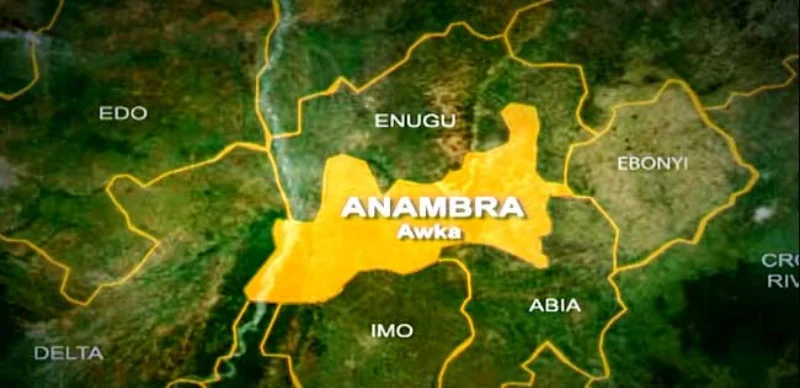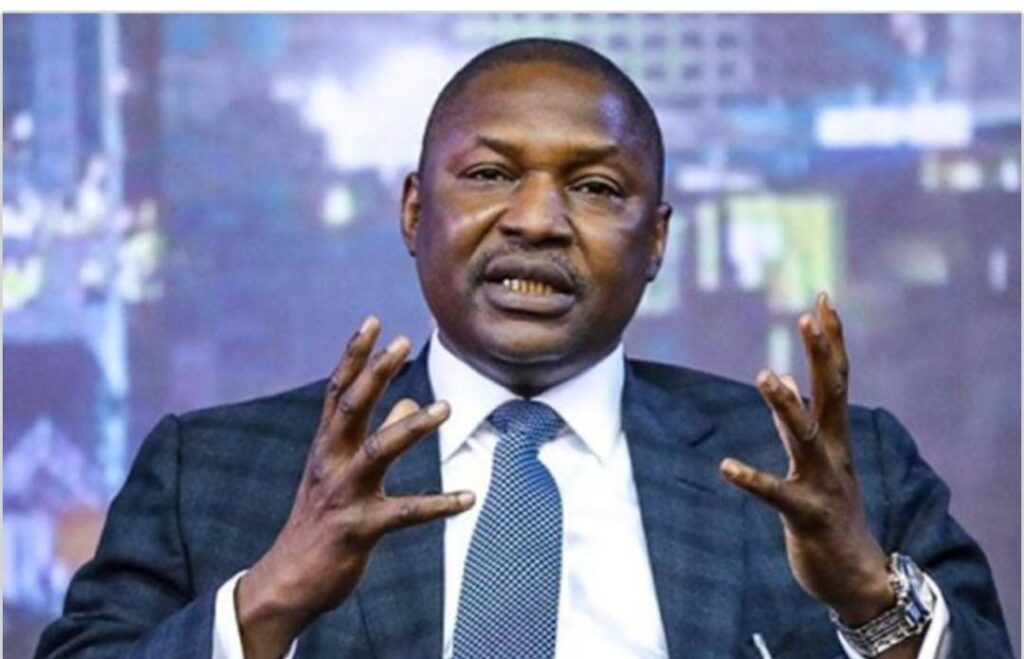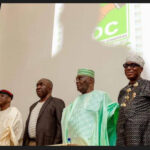FG Understudying Lagos Blue Economy Project for National Adoption

In a significant move toward national economic diversification, the Federal Government on Monday commenced the understudy of the Lagos State Government’s Blue Economy project, signaling a strong interest in replicating the state’s model for broader national development.
The development, confirmed by Punch Newspapers, underscores the Tinubu administration’s focus on harnessing marine resources and coastal assets for economic growth, job creation, and sustainable development.
The initiative places Lagos at the center of the federal government’s emerging Blue Economy framework, with its existing infrastructure and integrated maritime projects now serving as a template for potential adoption across coastal states.
The Lagos State Government, under the leadership of Governor Babajide Sanwo-Olu, has made notable strides in developing its Blue Economy through projects that span marine transport, fisheries, ocean tourism, port infrastructure, and environmental sustainability.
The understudy reportedly involves federal authorities evaluating the structures and progress of Lagos’s blue economy efforts, such as the Ehingbeti Blue Economy Renaissance plan.
That initiative has positioned Lagos as a maritime innovation hub, with strategic partnerships, expanded waterway transportation, and substantial funding — including a recent €410 million secured by the state to enhance its multimodal transport network across road, rail, and ferries.
Though the Federal Government has yet to release detailed public commentary on the specifics of the understudy, the move aligns with ongoing national plans led by the Ministry of Marine and Blue Economy, created in 2023.
Minister Adegboyega Oyetola, who heads the ministry, has been advancing a 10-year national blueprint aimed at developing Nigeria’s marine infrastructure, decongesting ports, attracting private sector investment, and leveraging the country’s 853km coastline and vast inland waterways.
Stakeholders in the maritime and transport sectors have welcomed the federal interest in Lagos’s model, noting that adopting tested frameworks could accelerate implementation timelines, reduce duplication of efforts, and foster synergy between federal and state governments.
The Senate Committee on Marine Transport has also previously called for deeper cooperation between Lagos and the federal government, stating that Lagos’s experience presents a practical case study for national rollout.
As the federal government continues its understudy, attention now turns to how findings from Lagos will influence broader policy direction, investment priorities, and the implementation of blue economy initiatives nationwide. Analysts believe the move is a step in the right direction, particularly as Nigeria looks to diversify from oil dependency and unlock the economic potential of its marine and coastal assets.







